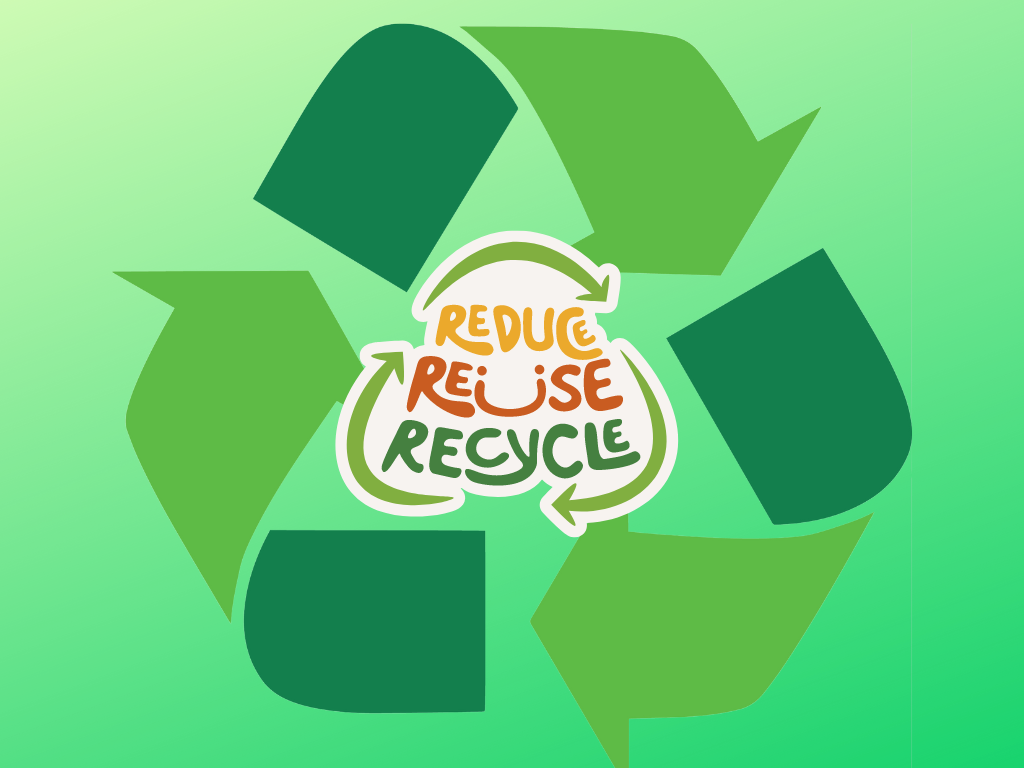Introduction
Glamis Terrace Condominiums is committed to fostering a sustainable living environment through its recycling and composting program. With three large recycling bins designated for paper, glass, cardboard, and some metals, as well as three organic compost bins, residents have the tools needed to significantly reduce waste and contribute to a cleaner, greener community.
However, maximizing the effectiveness of these efforts requires active participation and mindful habits from everyone in the complex. By properly sorting materials and avoiding common mistakes, residents can help minimize landfill waste and promote a more eco-friendly lifestyle. This article will offer practical tips on how residents of Glamis Terrace can enhance their recycling and composting efforts, making a positive impact both locally and globally.
Understanding the Recycling Program at Glamis Terrace
Glamis Terrace Condominiums provides three large recycling bins, each accepting paper, glass, cardboard, and some metals. Properly using these bins is essential to ensuring the recycling program runs smoothly and effectively.
- Paper bin: For newspapers, office paper, magazines. Do not place food-contaminated or grease-lined paper here.
- Glass bin: For clean bottles and jars. Avoid placing mirrors, ceramics, and light bulbs in this bin.
- Cardboard bin: Flattened boxes and packaging materials. Be sure to remove plastic or tape to avoid contamination.
- Metals: Light metals such as tinfoil and aluminum pans.
Proper recycling has significant environmental benefits, including:
- Reducing landfill waste
- Conserving resources like energy, water, and raw materials
By following the correct sorting rules, residents of Glamis Terrace can contribute to reducing their carbon footprint and fostering a more sustainable community.
Common Recycling Mistakes to Avoid
While recycling is a crucial part of reducing waste, it’s important to avoid common mistakes that can compromise the process. Some frequent errors include:
- Mixing non-recyclable items: Plastics, food-contaminated containers, or non-recyclable plastics should not be placed in recycling bins.
- Leaving food residue: Always rinse out jars, bottles, and containers before recycling to prevent contamination.
To ensure proper recycling:
- Rinse containers before placing them in the bin.
- Remove tape or plastic from cardboard and paper.
- Sort recyclables into the correct categories (paper, glass, and cardboard) at home.
Contaminated recyclables can cause entire batches to be rejected and sent to landfills, undoing the positive effects of recycling.
Tips to Maximize Recycling Efforts
Maximizing recycling efforts at Glamis Terrace requires simple, practical strategies. One of the easiest ways to increase efficiency is to flatten cardboard boxes before placing them in the bin. This helps:
- Save space in the bins
- Reduce the need for frequent pickups
At home, you can make recycling easier by:
- Using separate containers for paper, glass, and cardboard
- Setting reminders or posting a recycling calendar to encourage regular recycling habits
- Starting neighborhood initiatives like “Recycling Days” or friendly competitions to get residents more involved
Another important step is reducing waste at the source:
- Use reusable bags and avoid single-use plastics
- Buy products with minimal or recyclable packaging
These small changes in shopping habits can have a lasting environmental impact.
Composting at Glamis Terrace
Glamis Terrace Condominiums offers three organic compost bins designed to handle compostable materials like food scraps, yard waste, and other organic matter. Items that can be composted include:
- Fruit and vegetable peels, coffee grounds, eggshells, grass clippings
- Yard waste like leaves and small branches
It’s important to avoid placing non-compostable items in the bins, such as:
- Plastics, meat, dairy products, and synthetic materials
Composting provides numerous environmental benefits:
- Enriches soil with nutrients, reducing the need for chemical fertilizers
- Lowers methane emissions from landfills, reducing the community’s carbon footprint
By using the compost bins correctly, Glamis Terrace residents can contribute to a healthier environment and a more sustainable future.
How to Improve Composting Habits
Improving composting habits at Glamis Terrace starts with properly separating compostable materials at home. To stay organized:
- Set up a designated bin for food scraps and yard waste
- Familiarize yourself with what can and cannot be composted to reduce contamination
You can also simplify the process by:
- Using compostable bags or small kitchen compost bins lined with biodegradable bags
- Regularly transferring your compostable waste to the communal bins
By developing these habits, Glamis Terrace residents can contribute to long-term environmental benefits, such as:
- Lowering the volume of waste sent to landfills
- Reducing greenhouse gas emissions
- Creating nutrient-rich soil for community landscaping projects
Conclusion
Maximizing recycling and composting efforts at Glamis Terrace is essential for creating a greener, more sustainable community. By properly sorting recyclables and composting organic waste, residents can significantly reduce landfill waste, lower greenhouse gas emissions, and help preserve natural resources.
These small, individual actions—whether it’s flattening cardboard, rinsing recyclables, or composting food scraps—collectively make a big impact on the environment.
As a community, working together to embrace these eco-friendly practices will ensure that Glamis Terrace continues to lead the way in sustainable living. Every effort, no matter how small, contributes to reducing our carbon footprint and creating a healthier planet for future generations.




